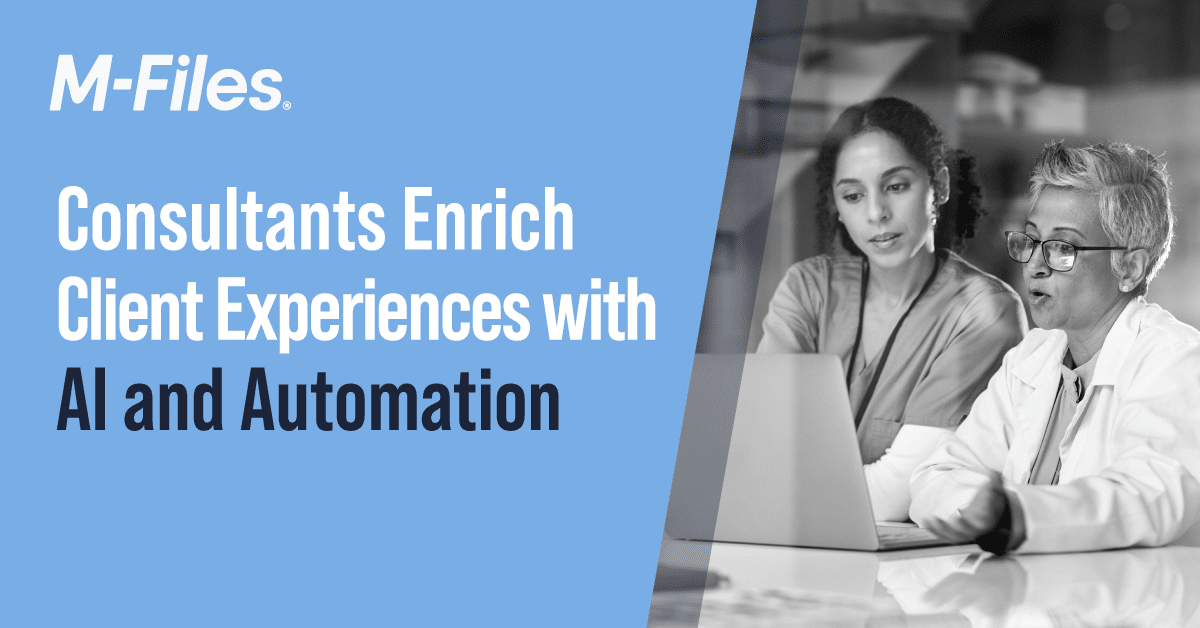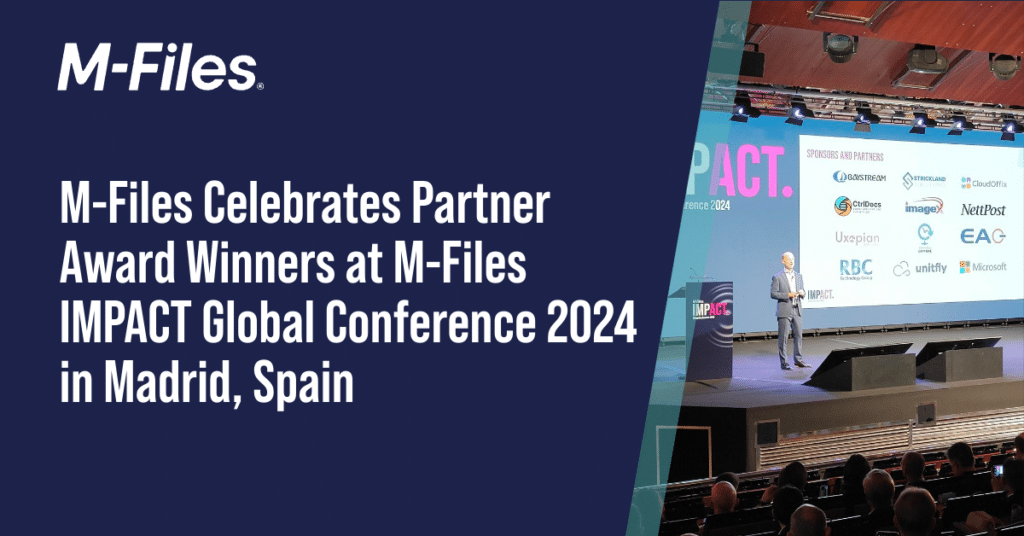Consultants Enrich Client Experiences with AI and Automation

Artificial intelligence (AI) is reshaping the business landscape and transforming customer experiences and management consulting practices. AI automation drives innovation, making companies more customer-centric by fostering seamless, efficient, personalized interactions.
Work automation and predictive analytics are becoming pivotal in increasing productivity and streamlining workflows. Work automation is now a universal trend as companies deploy advanced technologies to turn daily work processes into digital formats. The World Economic Forum reports more than 80% of business executives plan to adopt new technologies by 2025.
Automated tools are focused on analyzing data, influencing high-level decision-making, and contributing to project management. Adapting to these changes is crucial for management consultants to stay relevant, innovative, and deliver value to clients.
Personalization in Automation of Knowledge Work
As systems become more capable of understanding individual preferences, workflow will adapt to each client's unique needs. From virtual assistants that anticipate tasks to adaptive workflows, the future of automation will be more personalized than ever.
Future technology empowers consultants to cater to clients individually through automation software such as customized learning experiences and bespoke healthcare solutions. The software enables a tailored approach beyond traditional work automation functionalities and creates a customer-focused tool that generates enhanced efficiency and personalization.

Integration of Advanced Technologies in Management Consulting
Management consulting is moving away from traditional practices by embracing emerging technology. Intelligent systems that learn and adapt continuously are transforming decision-making across business processes. Examples of workflow automation and technology integration that transform management consulting include:
- Data exploration: Automated algorithms can now process vast datasets, extracting valuable insights at speeds far beyond human capacity. The algorithms enable consultants to uncover patterns, trends, and correlations that might have been challenging to identify manually.
- Decision-making processes: Consultants leverage AI and automation to make informed decisions and reduce reliance on intuition alone. AI enhances precision when making significant organizational judgements.
- Automated project management tools: Automated systems effectively coordinate tasks, timelines, and resources. Work automation in project management minimizes the risk of human error and ensures seamless completion of projects. It also
- optimizes resource allocation, contributing to the successful and timely completion of consulting projects.
- Streamlining business operations: Work automation removes routine and repetitive tasks—consultants gain more time for strategic thinking. The result is improved productivity in operations. It helps consulting teams deliver high-quality services with enhanced speed and accuracy.
- Client interactions: From initial inquiries to project updates, client experiences benefit from prompt, consistent automated responses. Communication platforms and AI chatbots also play a role in gathering feedback, preferences, and customer support. The result is a more personalized and tailored consulting experience.
Document Management and Efficiency
AI redefines how businesses manage information, transitioning from traditional paper documentation to digital document control systems and electronic file storage. This revolution in digital document management is about organizing data, causing a shift towards enhanced efficiency and responsiveness.
Cloud document management software facilitates sharing knowledge across the digital workplace with all team members. The software takes the client experience to a new level of personalization and promptness. Teams can do remote work and share files with collaboration tools to provide outstanding service, even on mobile devices.
Using an electronic document system ensures that knowledge is not only organized but also constantly evolving. A digital filing system goes beyond just saving files. It becomes a flexible storage system that adjusts to the changing needs of the client experience. Including features like audit trails also helps with better security and accountability.
Companies using cloud document management, electronic file storage, and AI systems leverage knowledge for improved client experiences.

Challenges and Opportunities in Future Automation
The way that consultants work is transforming thanks to information automation and advanced technologies. This change brings challenges and opportunities that re-shape the path of the profession and the client experience.
Challenges
The rise of decision automation sparks concerns about potential job displacement. This can lead to specific roles becoming obsolete. Navigating this transition poses a challenge for consultants. It requires a strategic approach to reskilling, addressing skills gaps, and adapting to modern technologies to stay relevant.
The continuous evolution of technology is another obstacle. Embracing knowledge work automation demands constant adjustment to cutting-edge technologies. It requires consultants to obtain the know-how to leverage these tools well.
Opportunities
Consultants can utilize automated systems to enhance the quality of their services and achieve significant cost savings. Automation creates a more tailored client experience. Analyzing data and work automation solutions such as document management enables consultants to focus on higher-order tasks. It also provides clients with more personalized and data-driven insights while reducing costs through increased efficiency.
The future of automation opens avenues for consultants to embrace growth opportunities through upskilling. Consultants can evolve their roles to meet the profession's changing demands. They can do this by using new technology and honing their skills.
Digital Transformation includes Automation and Humanity Combined
The future of automation for the client experience integrates AI into knowledge work automation, redefining customer interactions with a focus on client-centric practices. This introduction of AI-driven practices heightens efficiency and transforms how businesses understand, serve, and engage with clients.
Maintaining a delicate balance between work automation and a human touch is crucial for consultants navigating challenges and ethical considerations. They must be vigilant to ensure work automation systems complement, rather than replace, the human element. Collaborative AI empowers consultants and represents a game-changing path forward.
FAQ
What is automation knowledge in management consulting?
Automation knowledge in management consulting involves mastering technologies such as AI and robotics to automate processes and increase efficiencies. It empowers consultants to use automated tools, optimizing data analysis, management, and client service capabilities.
How should business leaders implement decision management in business processes using knowledge automation?
Business leaders should strategically assess needs, integrate advanced technologies, customize solutions, address ethical considerations, and establish continuous evaluation systems. Industry heads should also identify important process decision points and leverage knowledge automation. Using programs with learning abilities can ensure that decision-making becomes smarter over time.




